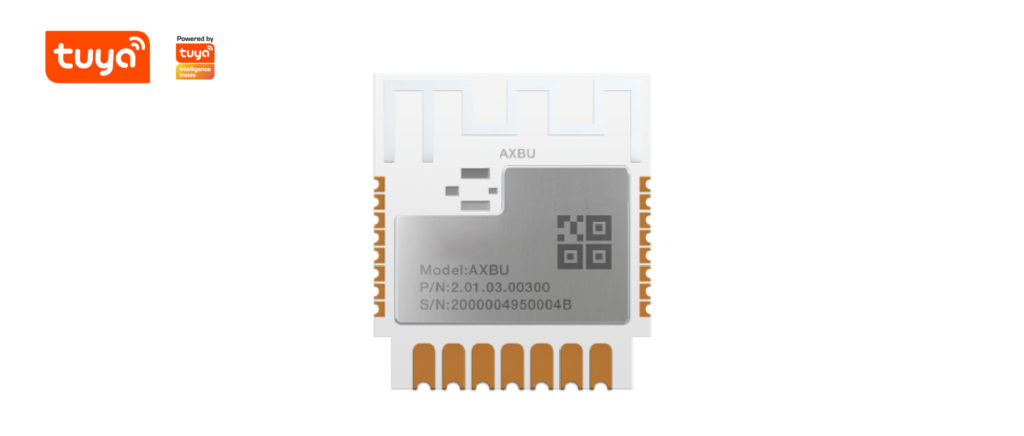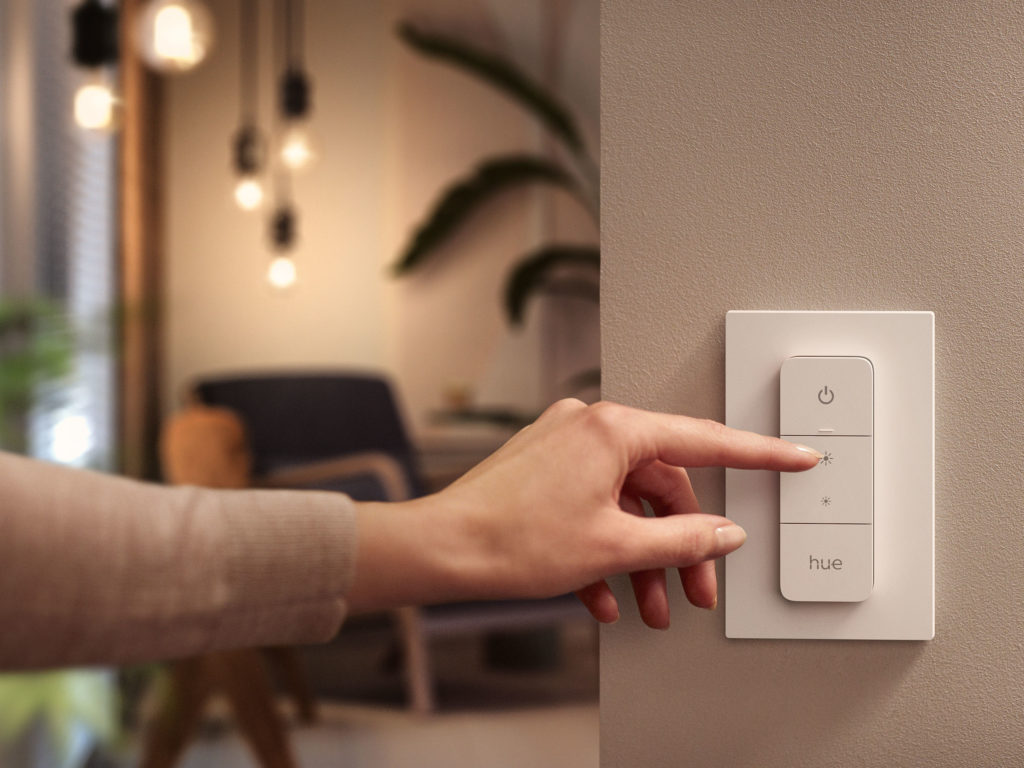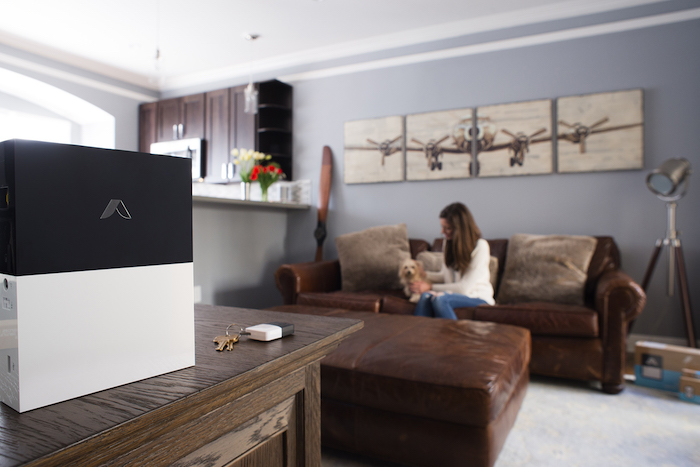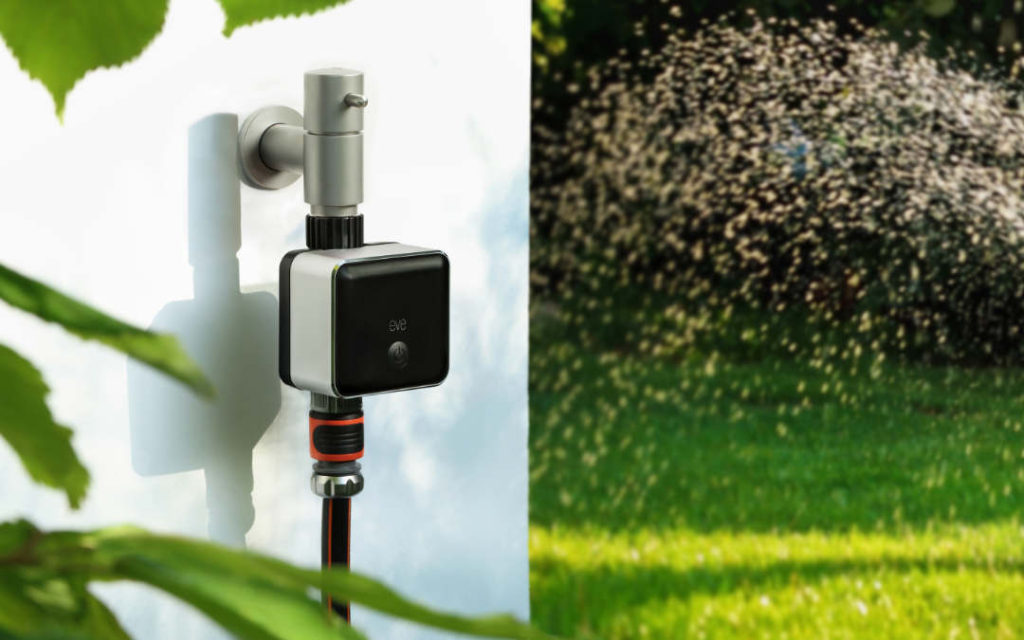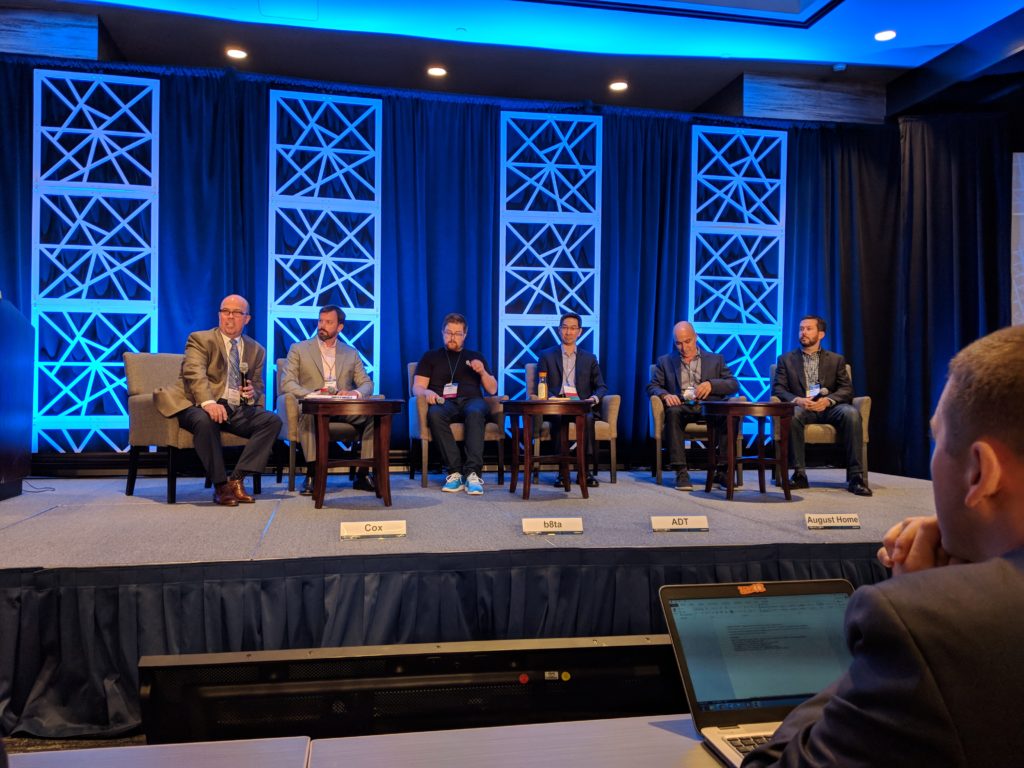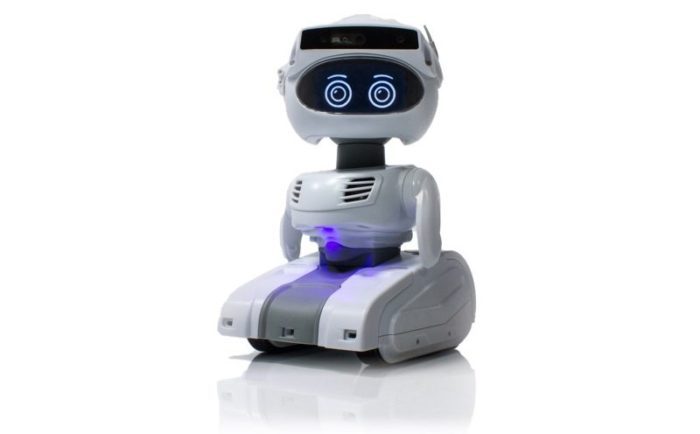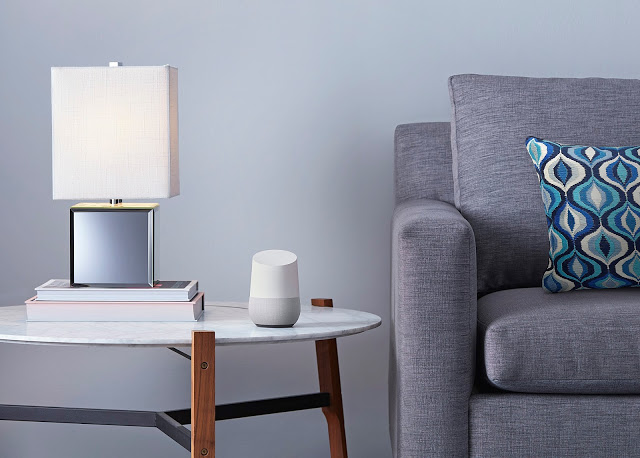The Connectivity Standards Alliance is back in the news this week with the launch of a new working group focused on data privacy, which we’re super pumped about. Also in privacy news, Tile has released a new anti-stalking feature that requires users to register their tags and fines them if they use it for bad behavior. Location tracking, especially at a few meters or centimeters, will be a big topic at the Mobile World Congress event next week, starting with news of a new Qualcomm Aware cloud platform for the IoT and Nokia and Bosch trying out centimeter-level accuracy. We also discuss a new survey from the Eclipse Foundation focused on enterprise IoT and edge computing adoption. In smaller news we discuss a new product designed to track the use of open source software in IoT products and the importance of software bills of material thanks to new data from Synopsys. There’s a new smart button from Soracom and Unabiz that uses LTE Cat-M and also a refresh for Samsung’s Bixby voice assistant. Finally, we answer a listener question about how Matter will affect cloud connections.

Our guest this week is Mohammed Ansari, senior director of business development of 5G and IoT at Qualcomm. He’s on the show to talk about the new Qualcomm Aware platform that the chip maker announced this week. The Aware platform is designed to be a cloud-based IoT service that ties into Qualcomm’s chips to provide telemetry, device management and services such as precise positioning and optimizing the network connection based on the quality of local network options. Ansari explains why Qualcomm has chosen to build a cloud and why he thinks that customers will use it (even though chip firms have not historically had success launching software or service businesses). He also describes how two of Qualcomm’s prior acquisitions will fit within this cloud offering. Enjoy the show.
Hosts: Stacey Higginbotham and Kevin Tofel
Guest: Mohammed Ansari, Qualcomm
Sponsors: InfluxData and Silicon Labs
- The CSA has launched a group to bring privacy to the IoT
- Connectivity is still too hard for the IoT
- Open source software is big in the IoT
- Why Qualcomm has decided to launch an IoT cloud
- What does Qualcomm Aware mean for other cloud providers?
Podcast: Play in new window | Download | Embed
Subscribe: RSS

